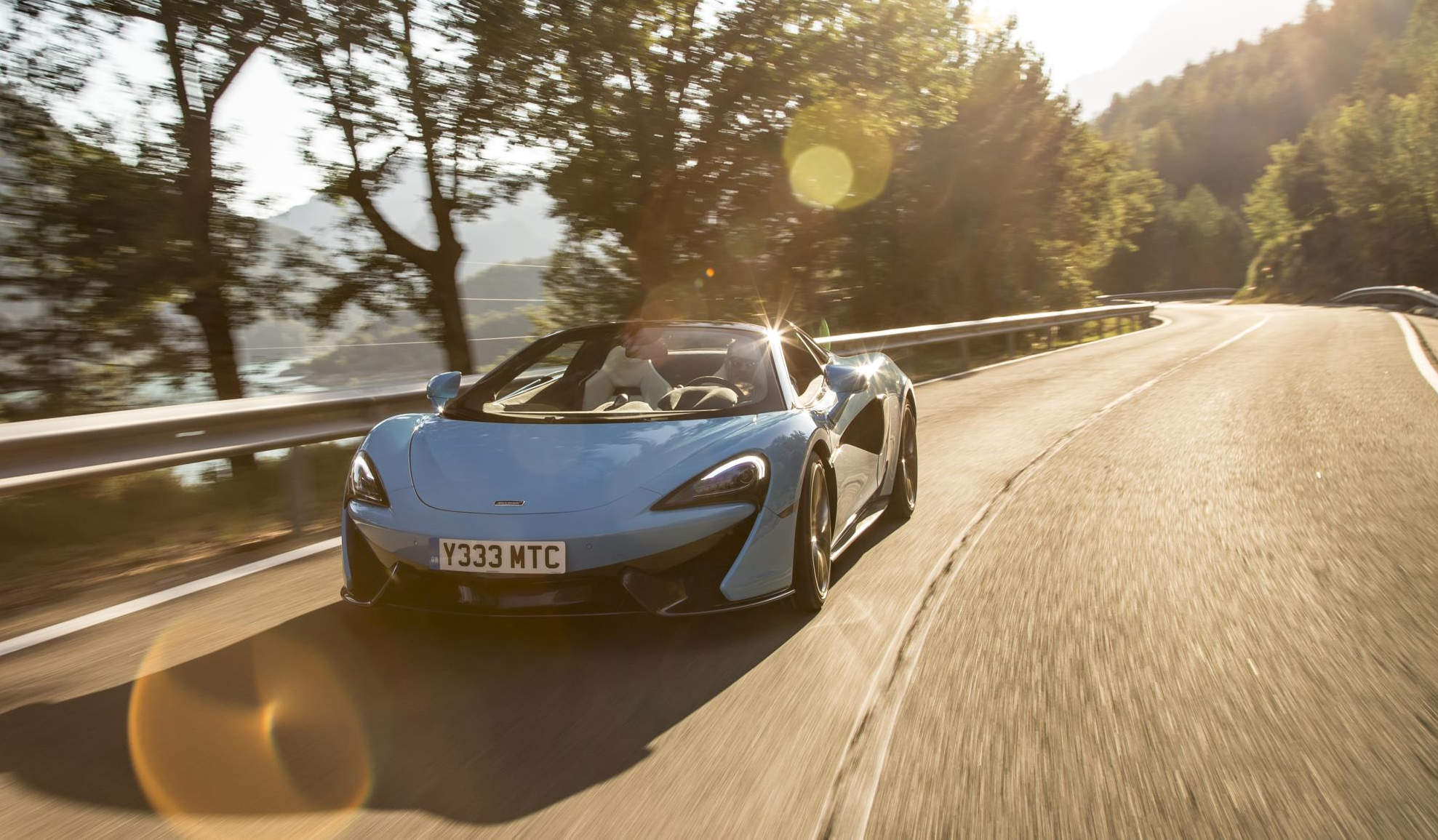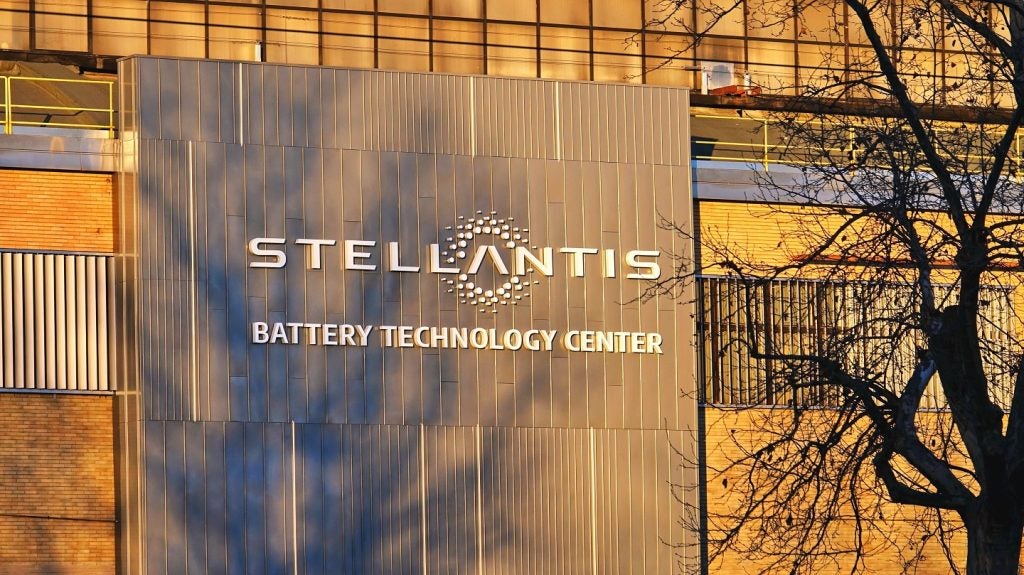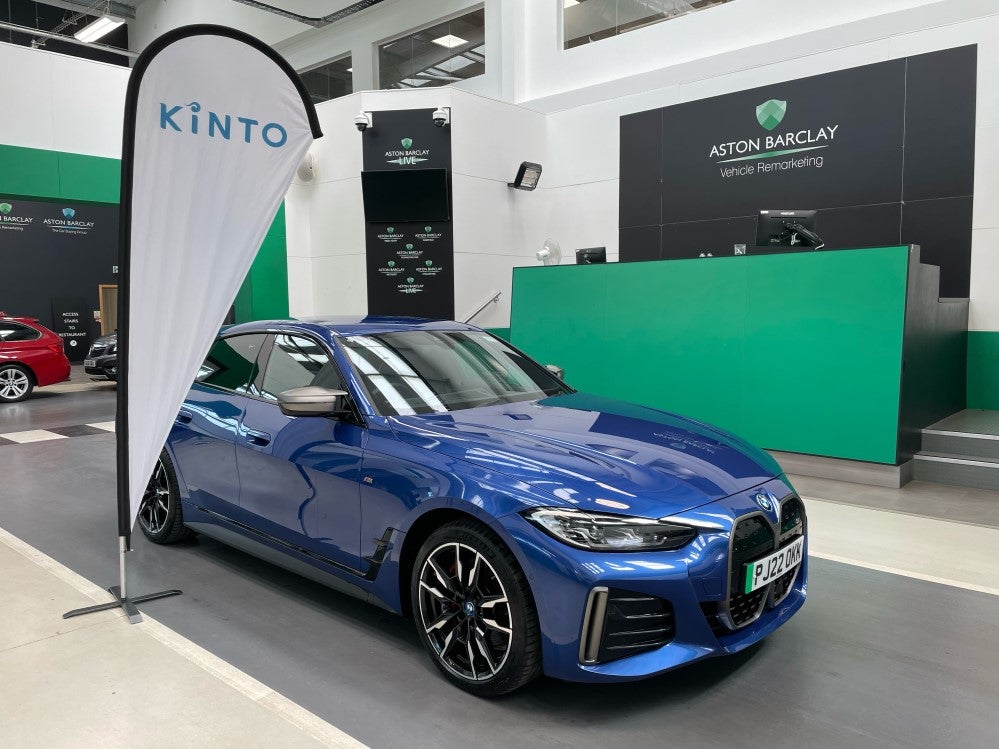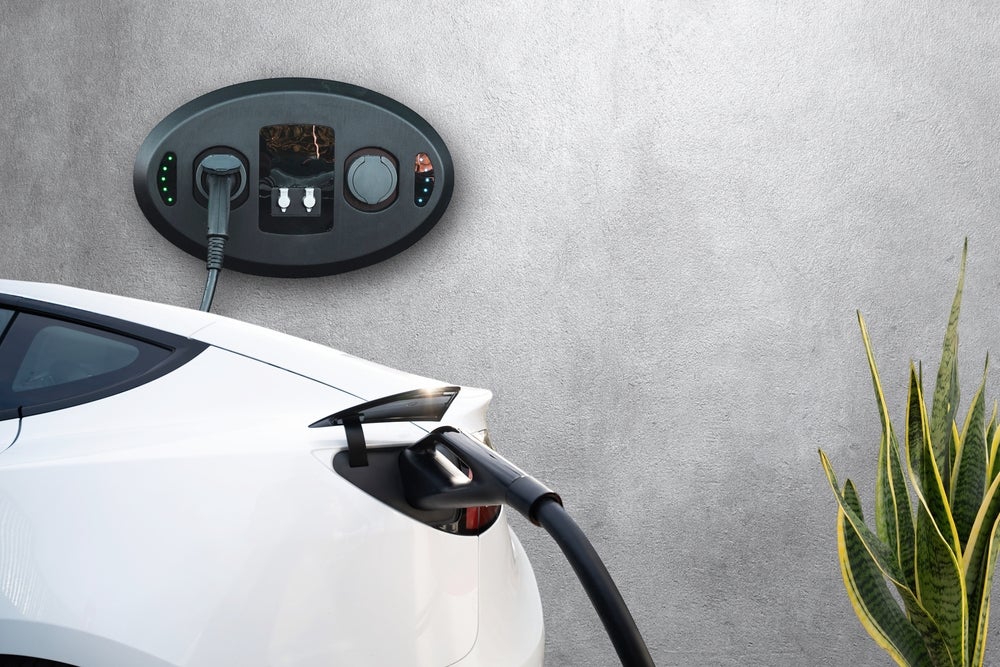
New analysis of the UK’s luxury automotive market highlights Scotland – specifically Glasgow and Edinburgh – as premier destinations for purchasing second-hand high-end vehicles.
Conducted by Regtransfers, the study analysed the data of online luxury car listings, seeking to unearth the optimal mix of competitive pricing, lower mileage and fewer previous owners – thereby finding the best buying opportunities for savvy car buyers looking for a luxury vehicle.
Researchers assessed the data of a sample market of over 25,000 current vehicle adverts, each within a 20-mile radius of London and the UK’s largest cities. Focusing on luxury models made by brands such as Porsche, Lamborghini, Tesla and Rolls-Royce, the personalised number plate supplier revealed Glasgow and Edinburgh as boasting the best overall combination of elements which buyers might consider when shopping for a second-hand high-end car.
Overall, the average price for second-hand luxury vehicles in the UK was calculated at £52,452, with an average 39,211 miles on the clock and 5.6 years in age. While recent statistics suggest a UK-wide average of 7,400 miles per year driven, luxury cars within the sample market showed less road use, clocking in at 6,930 miles per year.
Each city was assessed on and ranked by their overall performance across each category of price, mileage, age and number of previous owners, and how competitive they were in the overall market.
Focusing on price alone revealed that neither Glasgow or Edinburgh’s second-hand offerings were the cheapest across the UK. In fact, Bristol ranks as the city with the cheapest second-hand luxury vehicles on sale, with an average price of £47,079 – over £5,000 below the sample market’s national average.
How well do you really know your competitors?
Access the most comprehensive Company Profiles on the market, powered by GlobalData. Save hours of research. Gain competitive edge.

Thank you!
Your download email will arrive shortly
Not ready to buy yet? Download a free sample
We are confident about the unique quality of our Company Profiles. However, we want you to make the most beneficial decision for your business, so we offer a free sample that you can download by submitting the below form
By GlobalDataAs Regtransfers CEO Mark Trimbee explains, however, experienced buyers know better than to base their purchasing decisions on price alone: “It’s natural to be drawn in by the allure of lower prices in places like Bristol, but savvy buyers should pause and consider the broader picture. Exceptionally low prices can often be a red flag, signalling lower quality or hidden costs down the road. True value isn’t just in the initial cost of purchase; it’s in the vehicle’s history, condition, and longevity. In this market, if a deal seems too good to be true, it just might be.”
While Glasgow ranked 7th overall for price (£2,089 above average), the city offers a second-hand market largely populated with newer cars with less previous owners and below-average mileage – ranking first in both categories. Similarly, Edinburgh’s above-average price of £55,275 is offset by a healthier performance in mileage, age and previous owners.
At the other end of the scale, London ranked as the least competitive marketplace for luxury cars. With the highest average price of £59,645 (£7,193 above the average) and the second-highest mileage of 40,885, second-hand luxury cars in the UK capital were more expensive, had more miles on the clock, more previous owners and were generally older – making it a far less desirable location for purchases.
On this, Trimbee is less surprised: “London’s economy naturally inflates the luxury car market, driving prices upward. What’s fascinating to see here is the contradiction in the data: higher mileage on these luxury vehicles, despite London’s notorious reputation for discouraging driving. This discrepancy raises intriguing questions about the demands and habits of luxury car owners in the capital.”
Market share of luxury vehicles
While the research sheds light on the thriving market for second-hand luxury vehicles, it also explores the ‘nearly-new’ segment of the market, encompassing vehicles closest to the latest offerings that are between 0-3 years old. This sector caters to buyers seeking newer models with minimal prior ownership, offering a balance between luxury and cost-effectiveness.
It’s unsurprising to see higher numbers when analysing newer cars; Average local prices reach an average of £91,346 in London and £86,195 in Birmingham, which stand as the two most expensive markets. Once again, Bristol tops the list as the cheapest region to buy a newer model, but they are in higher demand; the sample market contained only 570 listings within a 20 mile radius of the city centre. By comparison, Nottingham, Manchester and London were home to close to or above 1,000 newer luxury cars – twice as many.
Most popular luxury car models
When it comes to the most popular luxury models within each analysed brand, familiar names such as the Aston Martin Vantage, Bentley Continental, Lotus Emira and Porsche 911 show clear dominance in their respective spaces, accounting for a third or more of their specific brand’s listings. Brands like Maserati, Lamborghini and Dodge proved a little rarer across the UK, with fewer adverts for these cars appearing in the data.
Electric vehicles such as the Tesla Model 3 and Polestar 2 stand out in the chart below. The Tesla Model 3 accounts for two thirds of all Tesla cars from the sample market data, while the Polestar 2 has almost 100% of the market share. With electric cars being relatively new to the luxury car market – and with fewer models available by comparison with long-standing giants like Porsche or Bentley – it’s likely that popularity will spread among new models in the future.
“With this data, an interesting question arises as to whether we’re looking at popular or unpopular vehicles”, comments Trimbee. “One could argue the case of fewer adverts indicating a sense of rarity and, therefore, greater popularity. This seems unlikely to be the case, though, as the Porsche 911 and Jaguar F-Pace are exceptionally popular cars among enthusiasts, and there are plenty up for grabs.”
Assessing the full findings of the study, Trimbee summarises: “When looking for a new car – luxury or otherwise – it’s important to do your research and make sure you’re getting the best value for your money; price isn’t everything! If you’re selling, keeping track of market trends is vital for making the best case for your vehicle and selling at the right time to get the maximum return on your investment. Whether buying, selling or just keeping an eye on the market, I hope this information provides useful insights.”







